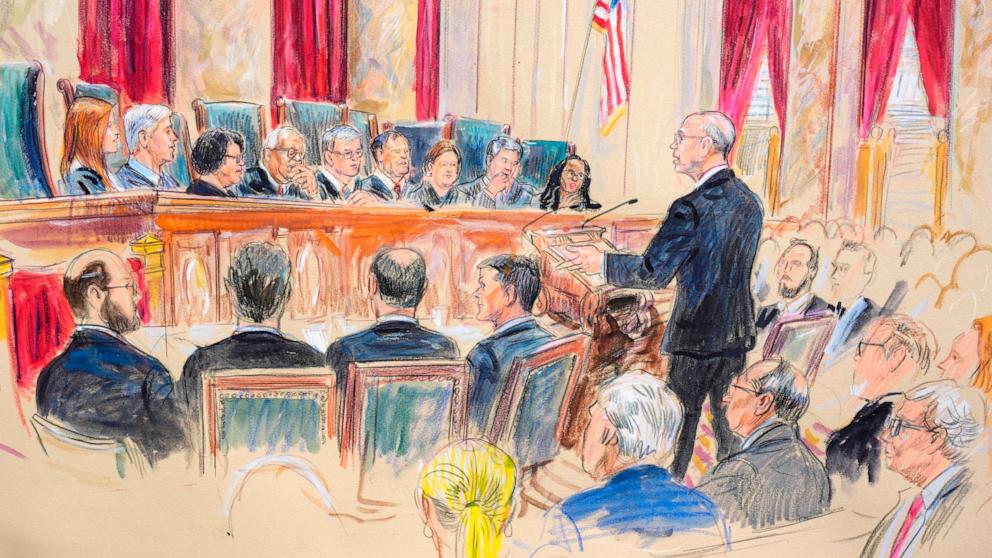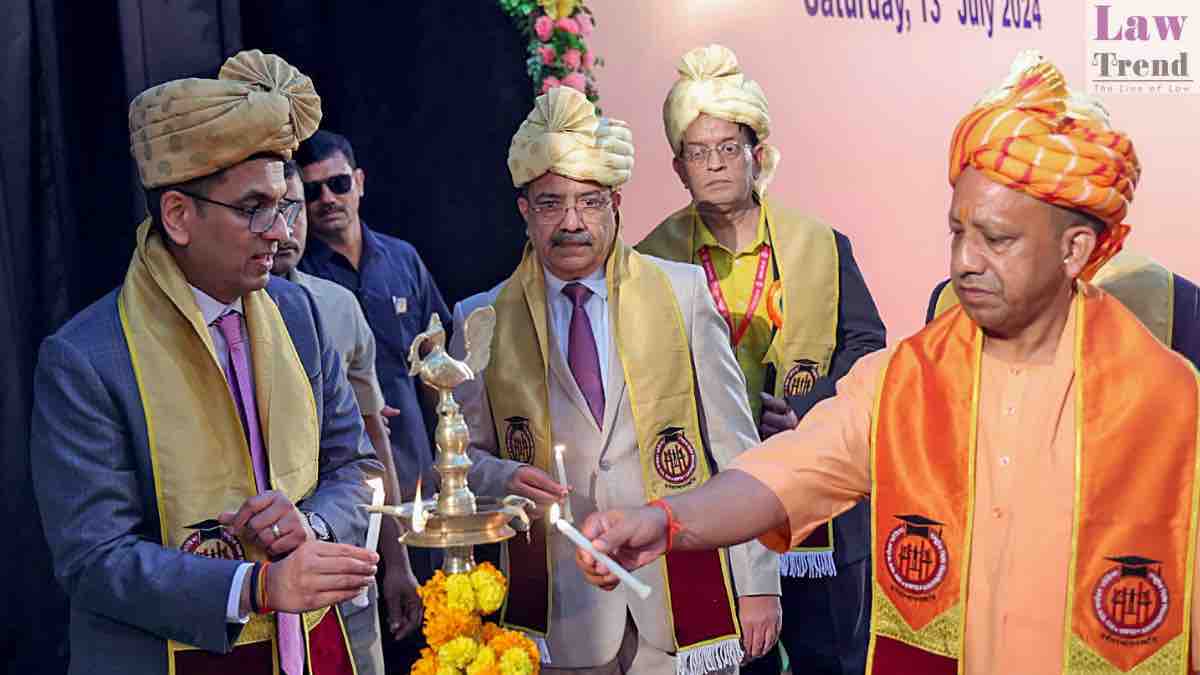Supreme Court Justices Consider Presidential Immunity in Trump Case: A New Standard for Presidential Power?
Supreme Court Justices Consider Limited Presidential Immunity in Trump Case
In a surprising turn of events, several Supreme Court justices appeared open to the idea of granting some limited protection to former presidents from criminal liability for official acts they undertook while in the White House. This development came during nearly three hours of oral arguments in the case involving former President Donald Trump’s claim of presidential immunity from criminal prosecution related to his efforts to overturn the 2020 election results.
Legal analysts initially considered Trump’s argument for immunity weak, but the justices’ willingness to entertain the notion of limited protection for former presidents has left many veteran court observers shocked. The debate during the hearing largely focused on hypothetical scenarios, with justices expressing concerns about the consequences of too much or too little protection for future presidents.
While the justices seemed inclined to reject Trump’s more sweeping claim of “absolute” immunity, the question of what official acts are and are not exempt from criminal prosecution will set a new standard for presidential power. The case, brought by special counsel Jack Smith alleging election interference, has Trump facing four felony counts to which he has pleaded not guilty.
During the hearing, Justice Elena Kagan posed a scenario in which a president could order the military to stage a coup and be immune from prosecution, to which Trump’s attorney agreed. Justice Sonia Sotomayor also questioned whether a president could order the killing of a political rival and still be considered immune depending on the circumstances.
The debate also touched on concerns about future bad faith prosecutions against former presidents and whether the looming threat of prosecution would hinder their ability to make tough decisions while in office. Some conservative justices raised the issue of potential destabilization of the country if presidents were not granted immunity, while others highlighted controversial conduct by past presidents and questioned whether they could have been subject to prosecution.
The Supreme Court’s approach in crafting an opinion on presidential immunity is expected to be a divisive one, with experts predicting a split decision. The outcome of this case, which is not expected until well into June, will have far-reaching implications for the balance of power between the presidency and the rule of law in the United States.


